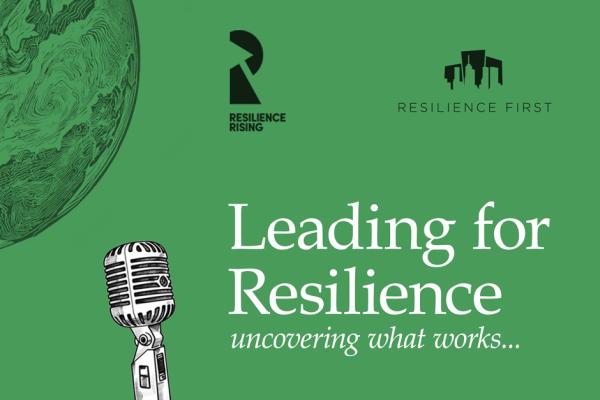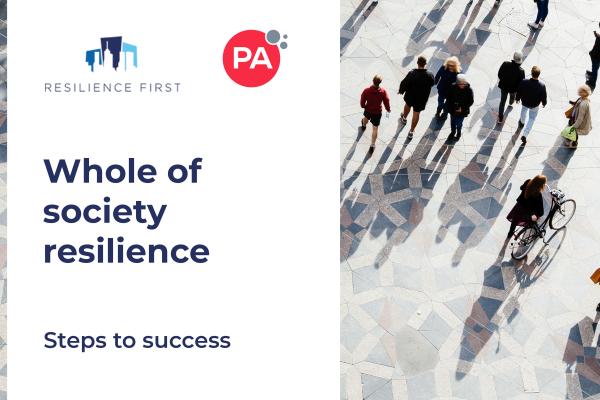by Martyn Link, Executive Director, Resilience First
Last month, I was invited to speak to a group of businesspeople and academic professionals as Napier University held a forum in resilient leadership. The question that I posed for the room was: How can the next generation of leaders thrive amidst disruption, uncertainty and change?
The Covid-19 pandemic, followed by the war in Ukraine and cost of living crisis, combined with a political merry-go-round only serves to highlight the Volatile, Uncertain, Complex and Ambiguous (VUCA) world we now live in. What kind of leadership is needed for this new world system and how can leaders be better prepared for the challenges that this type of uncertainty creates, so that businesses don’t just survive but thrive?
I based my talk around my own experiences amid difficulties and struggles, sometime even failure, and what that taught me about preserving through tough times to come out stronger. I shared some of the leadership learning shifts we need to make:
- Find a bigger story – we need to pay the bills, but ideally, we should aim to work for a purpose not a promotion.
- Follow a calling not a career – find what you are passionate about and follow where it leads, even if it is not necessarily up the ladder.
- Allow failure to teach resilience – embrace failure as a necessary part of your career development.
- Living in the crucible builds character – don’t avoid the hard times and difficult circumstances; if we stay in the shallows we will never grow.
- Going off the map brings opposition – not everyone wants to be a pioneer or likes the (necessary) change that they bring to the organization.
- Leading on the stumbling edge requires humility – expect to be vulnerable and trip up occasionally. Recover quickly and don’t let pride stop you experimenting.
- Becoming a resilient leader brings freedom and joy to yourself and others – we should expect to develop thriving people and organizations as a result.
I shared stories of working in a high stress, result driven environment and of times when all my hard work seemed futile. I tried to show how it had led to some good outcomes I hadn’t seen at the time. Like a muscle that needs to be tested, tried, and strengthened, our resilience is not something we are born with, or take like a pill. It is the result of our effort, our determination to get up after being knocked down again. It is more than determination; it is having been changed through what you have experienced – like the metal that is tempered by being heated and cooled repeatedly that becomes stronger as a result.
So how do we build resilience? There are many ways, but one that is not often talked about is to embrace vulnerability and sit with uncertainty:
- Be others orientated.
- Find your wells of strength.
- Seek to be anti-fragile.
- Re-skill, re-invent, re-center.



